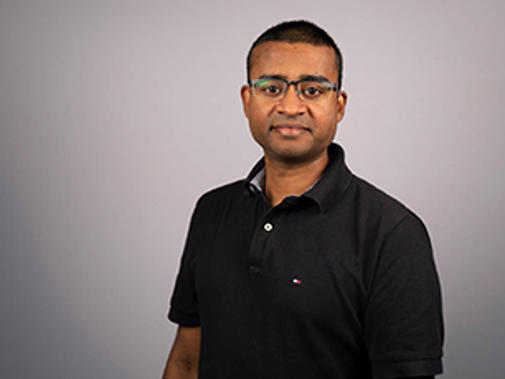‘What is the local medical committee? What does it do?’ I could remember asking these questions when asked at a VTS (vocational training scheme) whether anyone wanted to be the local trainee representative.
The reply was: ‘In essence, the LMC is here to represent GPs and ensure we get a fair deal.’ I felt representation was an important issue and so joined the LMC as a trainee.
I was a little apprehensive at my first LMC meeting, being around some GPs who had several decades more experience.
I quickly realised my apprehension was misplaced as I was warmly welcomed to the LMC and the chair made it clear that I could stop the meeting at any point if an explanation was needed.
I recall learning new terminology such as primary care contracts, local enhanced services and commissioning but any embarrassment by raising my hand and being curious was quickly quashed. Moreover, the committee appreciated my interest in learning.
Questions soon became representation, taking back to the LMC issues trainees were facing such as difficulty transitioning into salaried roles and the limits of trainee indemnity cover.
This was useful to the trainees as the LMC provided support where possible. Having trainee representatives provides a valuable bridge between the LMC and the VTS, as given the LMC is for all GPs including trainees, it engages the younger generation of GPs.
Engaging this cohort of GPs ensures relevance across a wide range of experiences and improves the diversity of representation. Many trainees decide to continue their involvement after qualifying.
At the end of the training, I became a sessional GP and was asked whether I would like to stay on the LMC and I jumped at the opportunity.
The LMC provides a lot of training for new committee members including courses on negotiating, media skills and presentation skills.
This ensures you are not faced with a new role unequipped. A lot of these skills are transferable to all aspects of a GP’s career.
Further into my career, I took on the responsibility of sessional representative. I gathered issues that sessionals in our borough were facing and relayed them to the LMC. This was important as partners and other sessionals could feed into the discussion at committee meetings to find solutions on how to best support sessionals.
For example, sessionals in certain areas of work were not receiving adequate access to personal protective equipment and the LMC raised awareness that this was unacceptable.
Furthermore, three years ago when there was an uplift to the global sum to account for the rise in indemnity fees, sessionals fed back that some practices were unaware that this was to account for all GPs working for the practice. This information was then sent out on our local newsletter to practices to raise awareness.
As a sessional representative, you can make a real difference for your colleagues, making their working lives easier.
I get a lot of satisfaction in protecting the interests of GPs, such as ensuring safe working conditions, adequate remuneration for work and equal access to new innovative roles or opportunities.
Having an LMC role also diversifies your portfolio and scope of interests. I enjoy the role as aside from being satisfying, it mixed up my week.
I am currently an LMC vice chair and have learnt a lot since the start as a trainee representative. So, is it necessary for sessionals to join the LMC? Definitely. I would encourage sessionals and trainees to join the LMC because if we don’t show up at the table to represent ourselves who will?
Venothan Suri is a London GP

